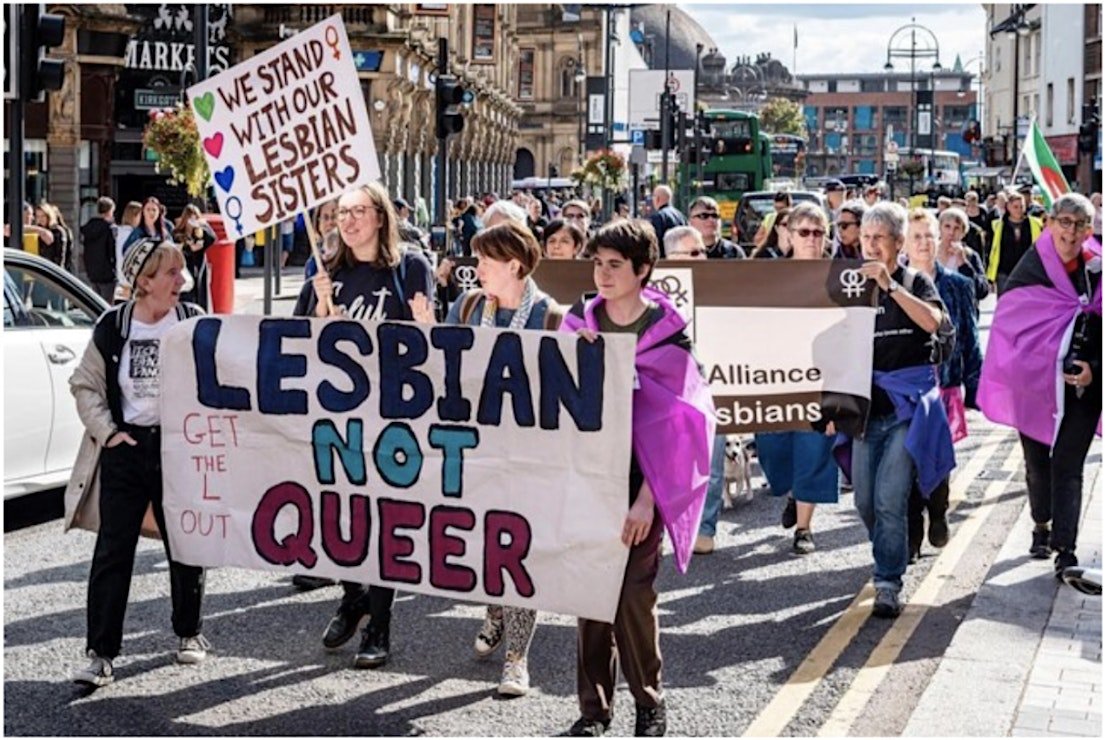Women who have been targets of sexual violence are still being disbelieved if they fail to meet the standards of a ‘perfect victim’.
It is a decade since Claudia Lawrence disappeared, now presumed murdered. Ten long years for her family and friends who yearn for evidence as to what happened the North Yorkshire chef.
Despite police investigations, costing in excess of £1 million, Claudia’s disappearance remains a mystery.
In the early months after Claudia vanished, much was made in the media about her love life and speculation raged about multiple lovers and liaisons with married men. She was painted as a home-wrecker and viewed as having a ‘complicated’ personal life.
Claudia was a single woman in her mid thirties at the time of her disappearance but the suggestion that she may have had a number of sexual partners seems to make her somewhat less victim like in many people’s eyes.
“Mystery of Claudia’s ‘wild, secret sex life'”, ‘secret lovers’ and Claudia ‘got a kick out of married men’ screamed the newspapers.
A woman who enjoys sex? Isn’t in a monogamous relationship? Too much for some to comprehend and puts Claudia in the ‘not a perfect victim’ bracket which is all too prevalent where women have been, or may have been, victims of male violence.
Take Chloe Ayling. She was the young model who was kidnapped in Milan in 2017 and held captive for six days. On her release she told British Consulate officials that she had been injected with the tranquilliser Ketamine before being driven to a remote farmhouse and informed she would be auctioned as a ‘sex slave’ on the dark web.
On her return to her home in London, Ayling spoke to reporters about her ordeal. But her demeanour in the interviews led to doubt being cast on the veracity of her story and there were accusations that the entire nightmare was a figment of her imagination.
Why? Because, when addressing the TV reporters she had the temerity to refrain from breaking down in tears. And even worse, she did so wearing hotpants and a low cut top. Proof indeed for many that she was not a credible victim.
Move forward to 2018 and her attacker Lukasz Herba was convicted of kidnapping and extortion and sentenced to more than 16 years in prison.
But the way Ayling coped and presented herself in the aftermath of such a trauma demoted her in the league of victimhood. She did not tick enough of the ‘perfect victim’ boxes to warrant belief.
Jessica Eaton writes ‘The expectation on women and girls to be the perfect victim of rape and sexual violence is destroying the justice system and until we address it, women and girls will always measure themselves against the societal stereotype of how they ‘should’ have acted or how they ‘should’ have reported sooner.’
She goes on ‘The reality for many women and girls, is that from the moment they are raped or abused, they are already adding up the factors in their head, they know will go against them.’
This is something which relates to women in prostitution who are raped or murdered. Last year the Welsh Government warned that women in prostitution are not reporting rapes or attacks because they feared they won’t be believed.
This narrative is played out a lot and society’s reaction to a prostituted woman’s murder is depressingly less sympathetic than that towards the murder of a woman not in prostitution.
Is part of the reaction upon reading about the murder of a prostitute one of ‘well I don’t need to be scared because I’m not one of them out walking the streets selling sex so I am okay?’ Or ‘well prostitutes know what they do is dangerous so…’
This attitude is pervasive and damaging. We know that these views seep into the justice system. Jurors carry their own prejudices and preconceived ideas about who they view as ‘real’ victims.
How a woman reacts to being attacked or raped is scrutinised. Did she try to fight? If not, why not? Then her background is pored and picked over. How she conducts herself afterwards and her outward demeanour is analysed.
At every step, there is a ‘perfect victim’ checklist which women are scored against.
Society continues to hold women to a higher standard than men in all walks of life. And also in death it seems.








Article Discussion